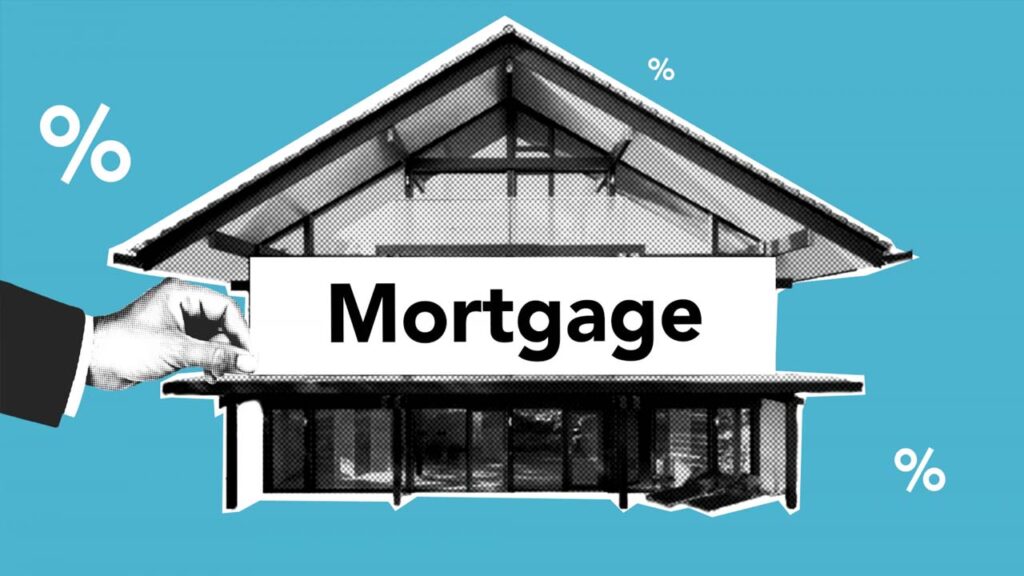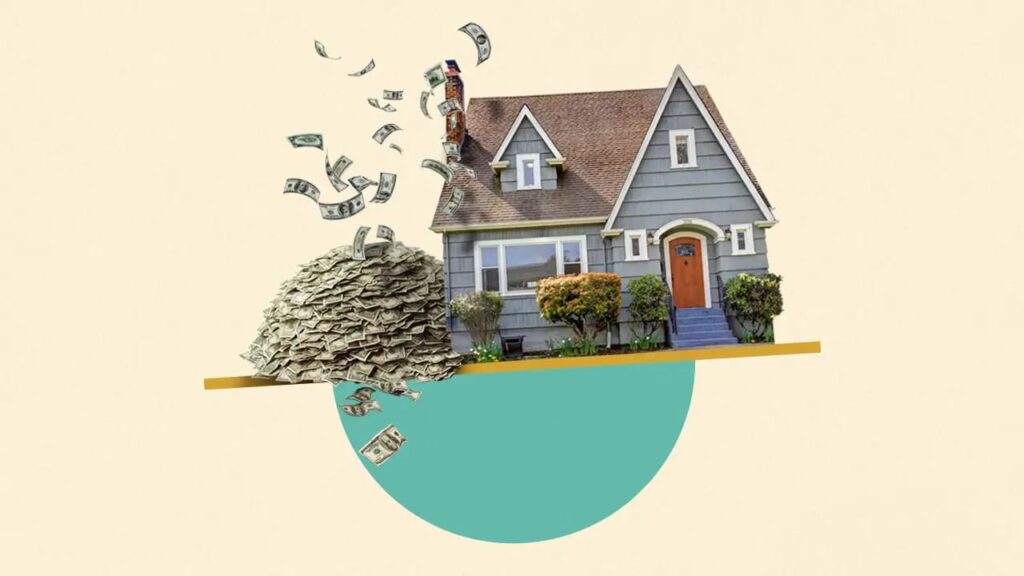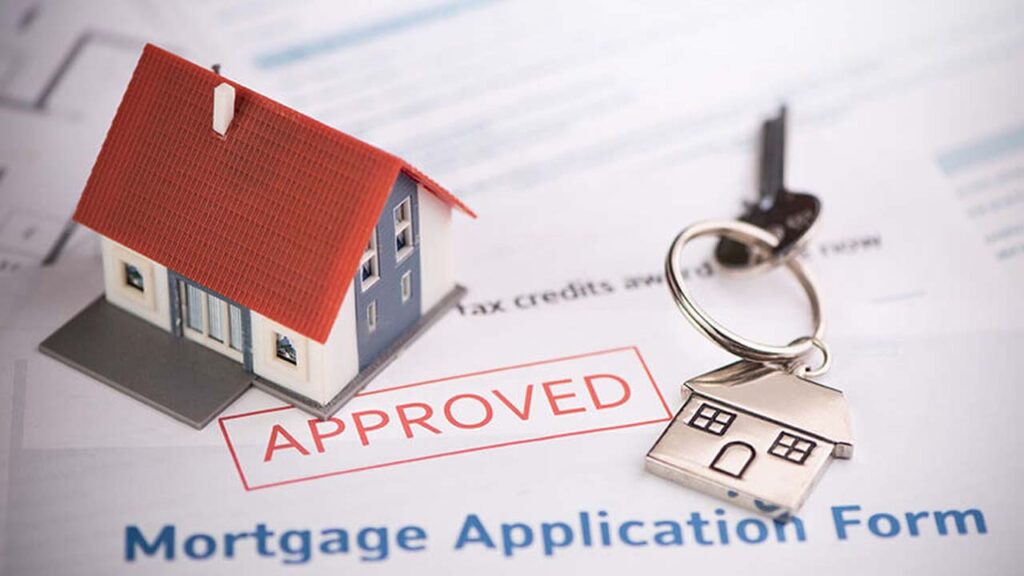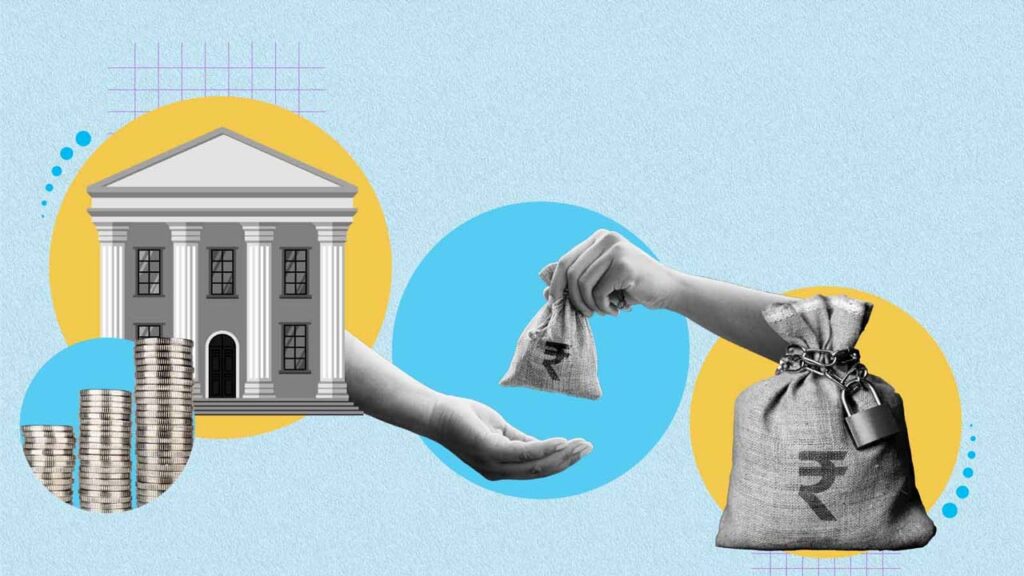SGDLoan.com – Getting a loan from mortgage is a common and practical option for homeowners in Singapore who want to finance a property, unlock the equity in their homes, or restructure their existing mortgage.
Before diving into the specifics of mortgage loans, it’s essential to understand how the system in Singapore operates and what key terms and frameworks govern your ability to borrow. This guide covers everything from loan eligibility, refinancing options, tenure choices, to how mortgage interest works. It also answers frequently asked questions like how much loan mortgage can I get, and can I get a loan on my mortgage.
Understanding Mortgage Loans In Singapore

In Singapore, a mortgage loan is more than just a way to buy property. It’s a financial tool that, when managed well, can also be leveraged to grow your wealth.
What Is A Mortgage Loan?
A mortgage loan is a long-term financial commitment where you borrow funds from a lender to purchase property. The property itself is used as collateral, meaning that if the loan isn’t repaid according to the agreed schedule, the lender can repossess the property through a legal process.
These loans are typically structured with monthly instalments that cover both the principal amount borrowed and the interest. Mortgage loans in Singapore are offered by both public institutions (like HDB) and private banks.
Borrowers must meet criteria set by the Monetary Authority of Singapore (MAS), including frameworks like the Loan-to-Value (LTV) and Total Debt Servicing Ratio (TDSR) to ensure financial responsibility and prevent over-leveraging.
Types Of Mortgage Loans In Singapore
Understanding the types of mortgage loans available is crucial in choosing the right financing for your property.
- HDB Concessionary Loans are designed for eligible HDB flat buyers. These come with a fixed interest rate of 2.6% and allow up to 90% loan-to-value, but are restricted by income ceilings and citizenship requirements.
- Bank Mortgage Loans offer more flexibility with floating or fixed interest rate packages. These loans tend to have lower starting interest rates than HDB loans but typically allow up to 75% LTV, requiring the rest to be paid in cash or CPF.
- Fixed Rate Loans provide consistent repayment amounts for 1 to 3 years, after which they often revert to a floating rate.
- Floating Rate Loans fluctuate based on market conditions and are pegged to benchmarks like SORA (Singapore Overnight Rate Average), making them suitable for those who expect interest rates to fall.
Choosing between HDB and bank loans depends on your eligibility, financial goals, and how long you plan to hold the property.
Determining How Much You Can Borrow

Before securing a loan from mortgage, it’s essential to know how much you’re eligible to borrow and what factors affect your borrowing capacity.
This section outlines the frameworks that govern your loan limits and how banks assess your risk profile.
Loan-To-Value (LTV) Ratio
The LTV ratio determines how much of the property’s value you can finance through a mortgage loan. Here’s a breakdown of current LTV limits in Singapore:
| Borrower Profile | Maximum LTV Ratio | Minimum Cash Downpayment |
|---|---|---|
| First home loan | Up to 75% | 5% |
| Second home loan | Up to 45% | 25% |
| Third or more property loans | Up to 35% | 25% |
These ratios depend on the number of outstanding housing loans and the remaining lease of the property. Older properties with shorter leases typically qualify for lower LTVs.
Total Debt Servicing Ratio (TDSR)
TDSR limits the total amount of monthly debt you can take on, relative to your gross income. The current threshold is 60%.
If your total income is S$10,000 per month, the combined repayment for your mortgage, car loan, credit card debts, and any other monthly commitments cannot exceed S$6,000.
This ensures borrowers maintain healthy debt levels.
Other Eligibility Factors
Lenders also evaluate:
- Age of borrower: Older borrowers may face shorter maximum loan tenures.
- Loan tenure: Combined with age, it typically cannot exceed 65 years.
- Type of property: Freehold and leasehold properties are assessed differently.
- Income and credit history: Stability and repayment records are key.
Estimating Your Loan Eligibility
Use mortgage calculators to get a rough estimate of your eligible loan quantum. You can also apply for an In-Principle Approval (IPA) from banks like DBS or UOB, which assesses your loan eligibility before you commit to a property.
Getting an IPA helps you make realistic purchasing decisions and signals to property agents and sellers that you’re a serious buyer.
Refinancing Your Mortgage Loan

Refinancing allows you to restructure your mortgage for better rates, change the loan tenure, or tap into your home’s value. It’s often pursued when homeowners want to reduce monthly payments or switch to a more stable loan package.
What Is Mortgage Refinancing?
When you refinance, you pay off your existing mortgage using a new loan—either with the same lender or a new one. This can help you enjoy lower interest rates or a more suitable repayment structure based on your current financial goals.
There are three main types of refinancing:
- Rate-and-Term Refinance: Adjusts the interest rate and/or the tenure of the loan. This is the most common type for borrowers seeking better terms without changing the loan amount.
- Cash-Out Refinance: You borrow more than your current loan and receive the difference in cash. This is useful for renovations, investments, or consolidating high-interest debt.
- Cash-In Refinance: You make a lump-sum payment during refinancing to reduce the principal, which may qualify you for better terms or reduce the repayment burden.
Costs And Considerations
- Legal and valuation fees: While some banks offer subsidies, these might be clawed back if you refinance again within a lock-in period.
- Lock-in periods: Bank loans often come with 2–3 year lock-in clauses, and exiting early may incur penalties.
- Break-even point: Always calculate how long it will take for your monthly savings to offset the refinancing costs.
Platforms like MoneySmart and MortgageWise Singapore provide updated refinancing packages with side-by-side comparisons.
Accessing Funds Through Your Mortgage

If you’ve built up equity in your property, you may be eligible for a home equity loan or a cash-out refinance to unlock some of that value.
Can I Get A Loan On My Mortgage?
Yes, especially if you own a private property or have fully paid off your HDB flat. A loan from mortgage in this context refers to borrowing against your property’s value—commonly referred to as equity release.
Here are common uses for home equity loans:
- Home Renovation: Large-scale improvements or rebuilding work.
- Education: Covering tuition for local or overseas studies.
- Business Funding: Providing working capital for entrepreneurs.
- Debt Consolidation: Replacing high-interest debt with lower-cost mortgage financing.
Eligibility For Home Equity Loans
Requirements vary, but most banks will assess:
- Remaining loan amount and current market value of your home.
- Total equity available, usually up to 75% LTV minus any existing loans.
- Your credit score and debt servicing ratios.
Private property owners are generally eligible, while HDB flat owners are limited to cash-out only if the property is fully paid and subject to CPF refund rules.
Understanding Mortgage Loan Tenure

Loan tenure has a direct impact on your financial burden and interest costs over time.
What Is Loan Tenure And Why Does It Matter?
Loan tenure is the period over which you agree to repay your mortgage loan. In Singapore, it can range from 5 to 35 years. The length of tenure affects both monthly repayment and total interest paid.
| Tenure (Years) | Monthly Instalment | Total Interest Paid |
|---|---|---|
| 10 | High | Low |
| 25 | Moderate | Higher |
| 35 | Low | Highest |
Borrowers need to balance between manageable monthly payments and total cost of borrowing. The longer the tenure, the more you’ll pay in interest over the life of the loan.
Banks also cap loan tenure depending on age and type of property, so always check tenure restrictions during planning.
Mortgage Loan Interest Rates In Singapore

Interest rates are one of the most important aspects of any mortgage. They determine how much you ultimately repay over the lifetime of the loan.
How Does Mortgage Interest Work?
Singapore mortgage rates come in two major types:
- Fixed Rate: The rate remains unchanged for a certain period (e.g., 2 or 3 years), offering predictability.
- Floating Rate: The rate moves with market benchmarks, commonly pegged to SORA. This can go up or down depending on market conditions.
Some banks offer hybrid options, where the loan begins with a fixed rate and transitions to a floating one after the initial period.
Factors That Influence Interest Rates
Your mortgage interest rate depends on:
- Market conditions and MAS policy: Local interest rates often follow U.S. Federal Reserve changes.
- Type of loan: Fixed-rate packages may start higher than floating ones.
- Credit profile and risk: Better credit scores and lower LTV ratios can secure better deals.
- Loan tenure and amount: Larger or longer loans may come with different risk premiums.
Always compare the Effective Interest Rate (EIR) and not just the headline rate. The EIR includes fees and provides a more accurate cost of borrowing.
Up-to-date comparisons are available on bank websites such as OCBC and third-party platforms like PropertyGuru.
Understanding how to get a loan from mortgage in Singapore is essential whether you’re buying a new home, restructuring an existing loan, or unlocking capital from your property.
By carefully evaluating how mortgage loans work in Singapore, your loan eligibility, and the impact of refinancing and tenure, you can make better financial decisions and protect your long-term wealth.
Stay updated with the latest interest rates and housing rules by checking with your preferred banks and exploring tools available on platforms like MoneySmart and SingSaver. Planning ahead, comparing packages, and knowing the true cost of a mortgage can make all the difference in your financial future.









